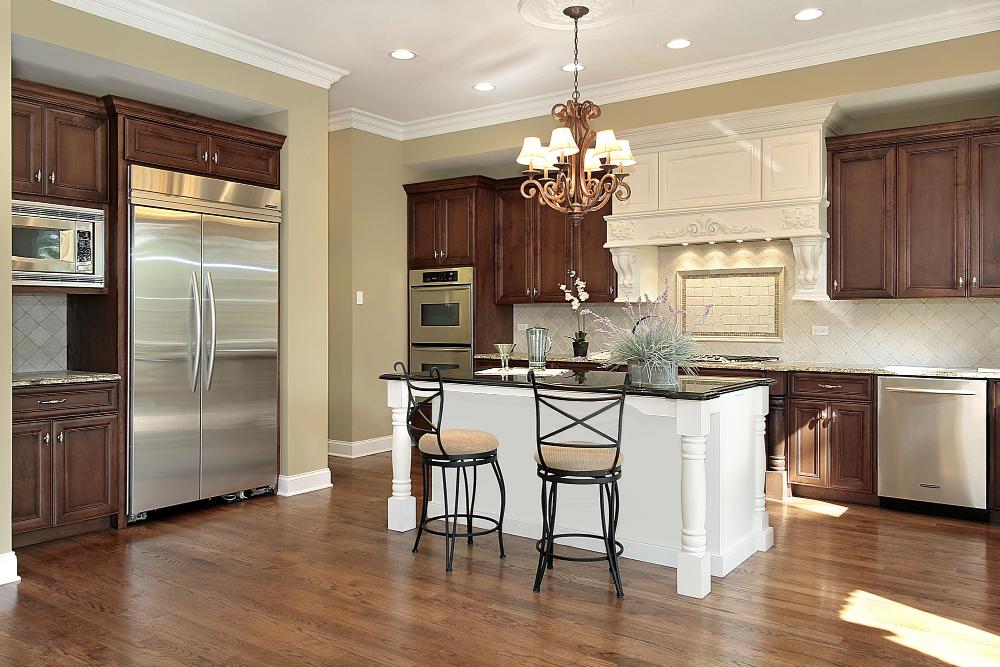Home improvements often come with a question: Does wood floor increase home value, or is it simply about aesthetics?
For many buyers and homeowners, wood flooring has become more than a trend. It’s a feature that can impact resale price and buyer interest. Although every market behaves differently, wood floors tend to create a positive impression that translates into measurable value.
The Appeal of Wood Flooring in Real Estate
Wood flooring carries a timeless quality. Its texture, natural look, and warmth make it attractive across a wide range of home styles, from modern condos to historic colonials. Buyers often associate hardwood with durability and style, which can give your property a distinct edge in a crowded market.
Even though installing wood floors requires an upfront investment, the long-term payoff can come when the home is listed for sale.
Comparing Value Against Other Flooring Options
Carpet and vinyl may be cost-effective to install, but they generally don’t carry the same resale value. Wood flooring, even when aged, retains a certain charm that synthetic materials can’t quite replicate.
That’s why many homeowners consider wood floor refinishing. A well-refinished hardwood floor can compete with new installations in both appearance and perceived value.
The Importance of Floor Condition and Maintenance
Condition matters when it comes to buyer perception. Scratched, warped, or uneven boards can detract from the appeal just as much as a worn-out carpet. Regular care and refinishing not only protect your investment, they also improve the overall impression during showings.
For homes that feature laminate rather than hardwood, keeping the finish clean and free of damage matters. Smart laminate wood flooring cleaning practices, like using gentle products and avoiding standing water, help extend the life and appearance of the floor.
Buyers Notice Quality and Finish
When potential buyers walk into a home and feel real wood underfoot, it often registers as a sign of quality. It’s a subtle but powerful detail.
Light stain colors can make spaces feel open, while dark finishes add contrast and sophistication. Does wood floor increase home value? It often does, especially when paired with the right tone and layout. The choice of wood tone and design can affect not just resale value, but also how large and inviting a room feels.
A Long-Term Investment in Value
Among the many ways to increase property value, flooring consistently ranks near the top. It impacts almost every room, influences first impressions, and can sway a buyer’s emotional response.
While granite countertops or updated lighting might attract compliments, wood flooring adds depth to the entire experience of the home. It suggests thoughtfulness and long-term care. These are qualities buyers want to see.
NJLux Helps You Build Value Into Every Room
NJLux recognizes the choices that matter most when preparing a home for sale. Flooring is one of those investments that doesn’t just change how a room looks.
It reshapes how the entire home is perceived. We’ve worked with clients across New Jersey to identify simple changes that spark higher offers and quicker closings.
Our insight into buyer behavior, combined with real-time market trends, means we can guide you on cost-effective improvements that make a difference. From recommending flooring types to offering staging strategies, we focus on smart, grounded ways to elevate your property’s appeal.
If you’re curious about flooring upgrades or want to know what buyers in your area really notice, get in touch with us. We’re happy to help you decide what’s right for your home.













